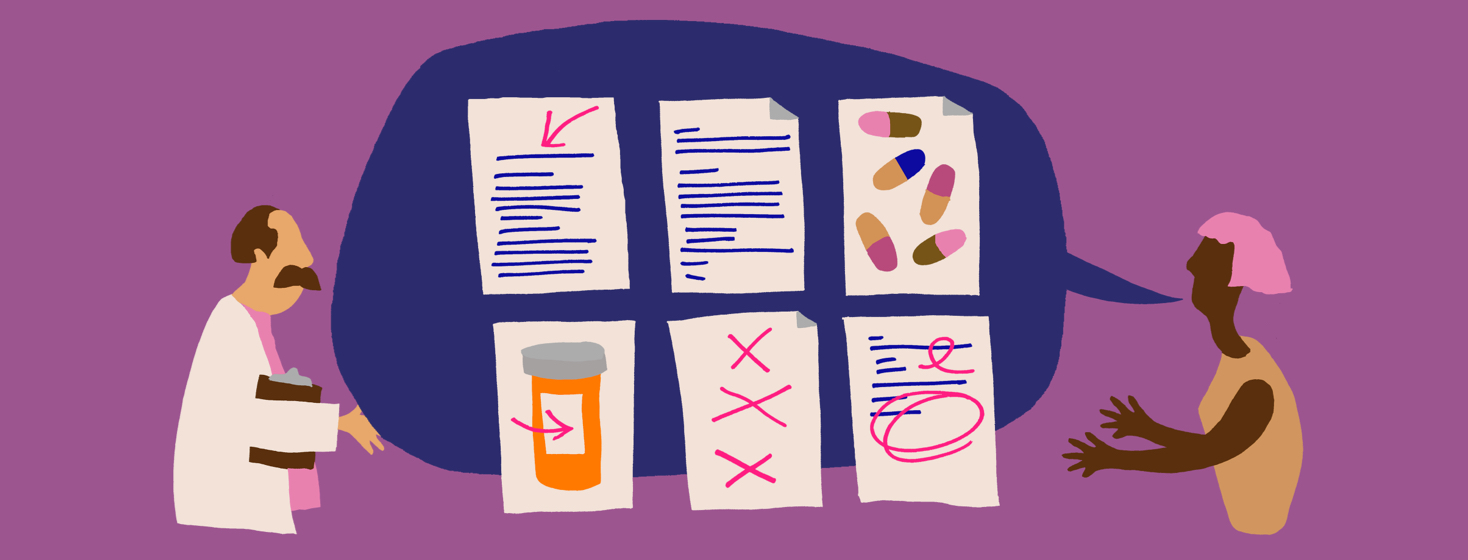Private and Social Security Disability: What I Wish I Knew Before I Got Coverage
For many of us with chronic migraine, accessing disability coverage seems a worthy goal to make life easier. And in many cases, it does just that. However, it’s important to understand that your challenges do not end there if and when you are granted disability coverage.
Migraine and disability
First, the process of getting Social Security Disability can be tremendously difficult. Even though migraine is the 7th most disabling condition, rarely do “they” (Social Security) grant “us” (migraineurs) coverage when we first apply. It frequently takes multiple appeals and sometimes even going before a judge and/or panel of physician specialists to gain coverage.
Our 10th annual Migraine In America survey is now open. Take the survey to help us paint a clear picture that while an attack might be over, the disease never really ends.
Private and Social Security disability
If you’re lucky, when you are forced to stop working by your migraine condition, perhaps you will be employed by a company that has a hearty and helpful short-term/long-term disability plan that will assist you. Social Security alone does not provide very much income, but when coupled with a private disability insurer, it is more possible to make ends meet. In my case, my employer had such a plan.
My employer's plan
Through my employer, I started on short-term disability, moved to long-term disability, and after a certain amount of time, that private insurance company required me to apply for Social Security Disability to share the cost of my expenses. Because it would help them to split that cost with Social Security, they paid for a lawyer to help me navigate the Social Security application and appeals process that assisted me in winning my eventual case.
Regular evaluations/justifications
Having a doctor who believes your condition is serious and disabling is key. And sticking with that doctor is paramount. This means regular and frequent appointments to prove that you are trying to improve your condition. Social Security requires regular and frequent comprehensive evaluations of your health, including in-depth forms to be completed by your doctor and yourself. They also generally frown upon people who change doctors.
Having a private disability company assisting you can be wonderful but also will mean navigating an additional party’s requirements in terms of annual evaluations to justify their support of your case, including monthly paperwork.
Going on disability won't stop migraine
I don’t think I’m alone in having the innocent belief and hope that removing my stressful job would lessen, if not stop, my migraine attacks. I intended to stop working temporarily, have a reset and then head back to work. I was sadly mistaken when I realized my migraine condition was internal – a complex neurological condition that resides within me and not in my workplace. A high-pressure job certainly exacerbated my attack frequency, but removing that component did not disappear my chronic attacks.
Limitations on work
While Social Security offers some return to work programs, you must be careful about how much income you bring in each month. There is an allowed (and low) monthly income cap that changes every year, and if you go over that amount, you risk losing your benefits.
Social Security Disability and Medicare
There is also a major interplay between Social Security and Medicare that is important to understand. In a nutshell, after 24 months on Social Security Disability, one becomes Medicare eligible. Unless you have access to private health insurance through a spouse, you are forced to use Medicare. Medicare does not cover many migraine drugs and can therefore be far more costly than paying out of pocket for health insurance and, in some cases, medications. I will outline this challenge in more detail in an upcoming article.
Suffice it to say, there are many components related to private and Social Security disability that are important to understand before making the leap. Be sure to have your questions fully answered before you proceed. Tell us your experiences with disability coverage and let us know what questions you have in the comment section below, and we’ll do our best to assist you.

Join the conversation